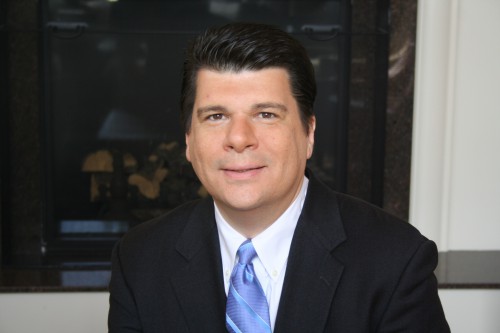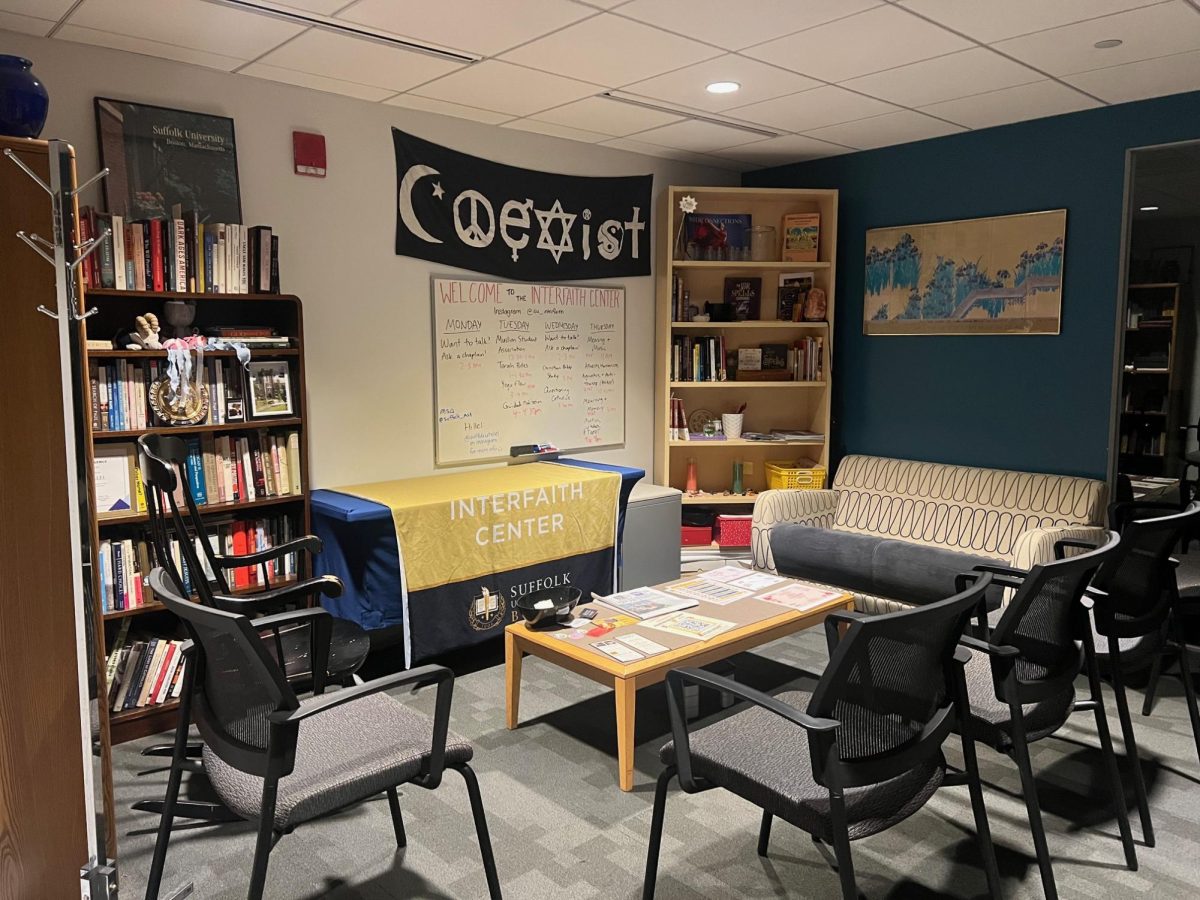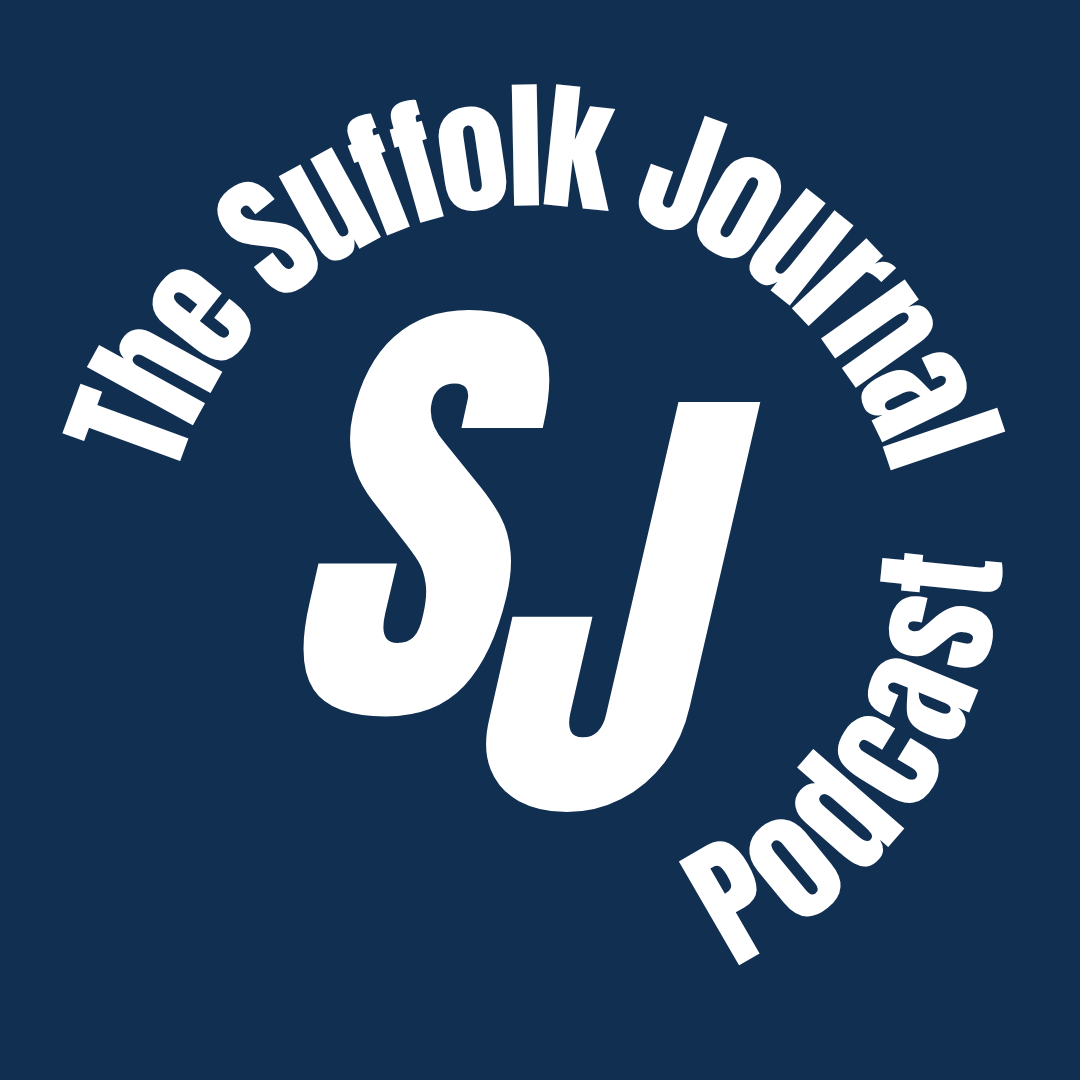By Jamin Buttafaro
Dave Paleologos is a very busy man. He runs his own business, is a member of the American Association of Public Opinion Research and the Northeast Political Consultants Association, and he teaches a political survey research class on campus. He is also the director of the university’s Political Research Center.
Paleologos is working hard to put Suffolk University on the national and global map through its poll. He has been building Suffolk’s reputation in political polling for over a decade now. USA Today has picked up Suffolk University as their polling partner and is relying on Paleologos and his staff for national polls to be published across all of USA Today’s partnerships. Their current focus: the national Senate race.
Paleologos and the poll’s name are currently on TV and in newspapers with polls on the Massachusetts governor’s race. Martha Coakley, the current attorney general and a democrat, is running against Charlie Baker, a republican, and three independent candidates, Evan Falchuk, Scott Lively, Jeff McCormick.
On the election Paleologos said, “It’s going to be really close. You have two candidates that haven’t energized voters. So, younger voter participation is going to be lower. They aren’t very good debaters and there might be opportunity for a third party candidate to catch some of the votes.”

Suffolk’s Partner, USA Today, has historically only used the nation’s top polls.
“Their previous poll partners: Gallup and Pew. And now, Suffolk,” Paleologos said, as though it is still sinking in for him. This partnership extends to all 85 publications as well as 47 TV stations owned by USA Today’s parent company, Gannett Company, Inc.
Paleologos is excited for the opportunities that students have because of his efforts with political polling.
“It’s great for me personally, great for Suffolk University, but it’s great for students too. I want to give [the students] some ink, give [them] the credit. Students are empowered. This is about using what I have to help students,” he said.
It all comes down to the research center’s bellwether model, authored by Paleologos, designed to predict outcomes of elections, which it does at an accuracy rate of 85 percent. Prior to the 2012 elections, while using this method, Paleologos and his team set out to gather data on a topic that does not garner much attention around election time yet remains an unseen factor: how many Americans don’t vote?
“We screen out unlikely voters because they are not going to vote. Then I looked at the statistics. There are millions of Americans who are not voting. So I said, let’s do a survey about the mass of people who don’t vote.”
Paleologos went to USA Today in August 2012 with this potential poll, and they were interested in what he might find. He said his findings were astonishing, with numbers upwards of 90 million USA Today published an article showcasing Paleologos’ findings on the front page.
“When I saw the placement of this article, I said to myself, ‘I could see [Suffolk University] partnering with USA Today. They gave us front page coverage,’” Paleologos said.
The New York Times and Wall Street Journal, two publications that Paleologos said never share polls with USA Today, also found the research center’s numbers interesting.
“They both did pieces on our poll which is unheard of. They don’t do that,” he said. “I was blown away when I saw that, and I said to myself, ‘this is pretty cool.’”
After the articles were published, Paleologos went to Susan Page, the Washington Bureau Chief for USA Today, in pursuit of ongoing polling partnership.
What is next for Suffolk’s poll? Paleologos says that his true passion lies in international polling. Prior to the partnership with USA Today, Paleologos set his sights on international opportunities with potential partnerships with Scotland and London as well as the Republic of Georgia. These opportunities have been forced to lay dormant due to the USA Today partnership, awaiting perhaps the next phase of Paleologos’ journey in political polling.
“After the election, I don’t know what. I have to figure out what the next step is. I want to do international polls,” he said.


















